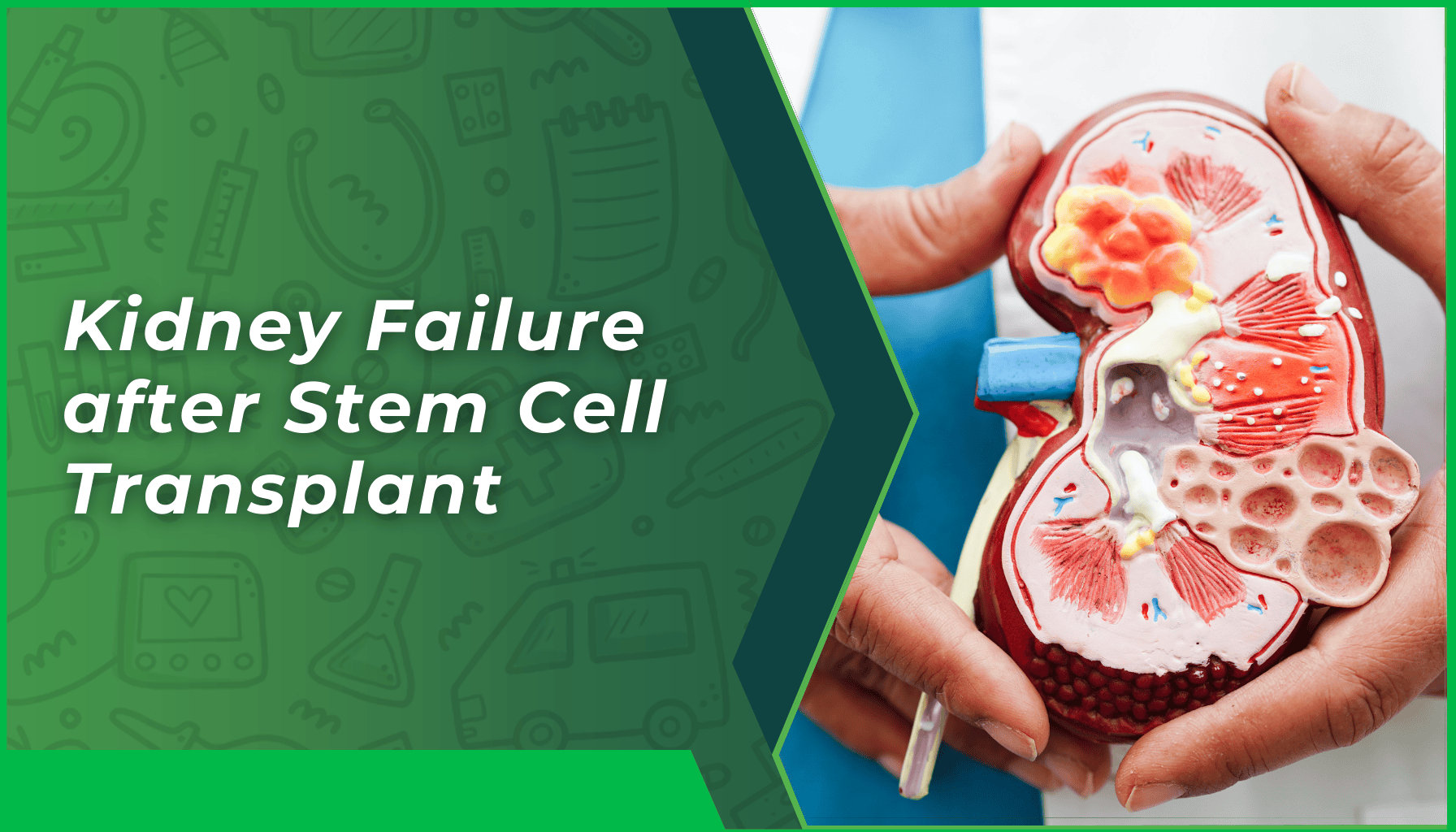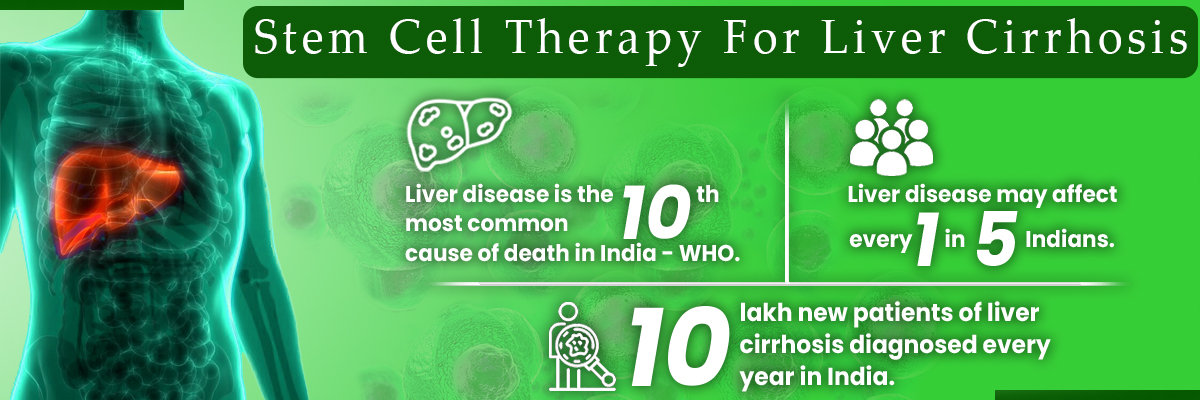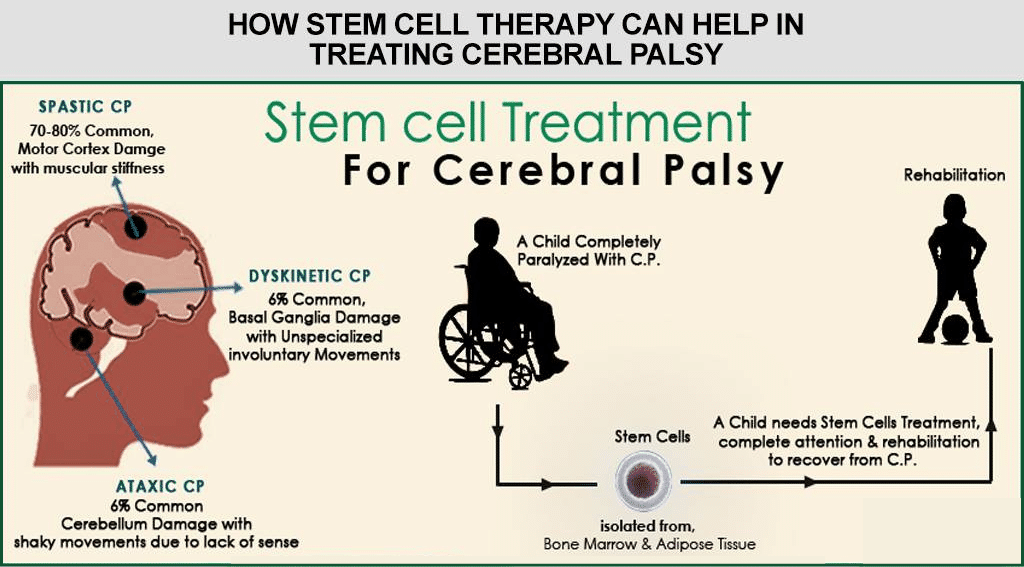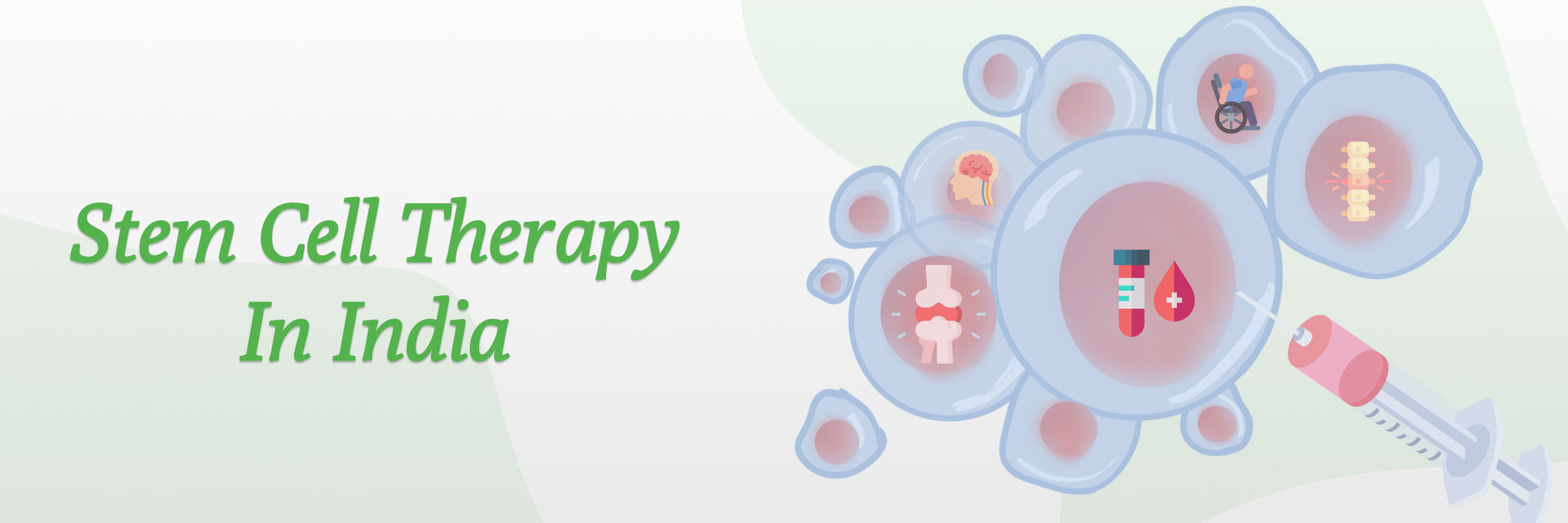Overview
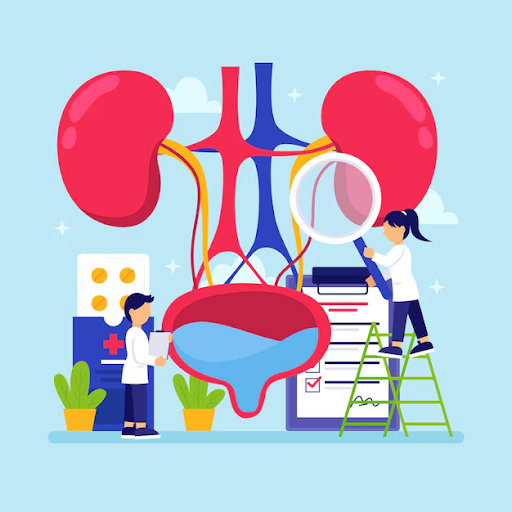
Stem cell transplants are crucial in treating severe conditions like leukemia, lymphoma, and certain genetic disorders. However, one significant complication that can arise post-transplant is kidney failure.
Kidney failure after a stem cell transplant requires careful monitoring and management to prevent further damage and improve patient outcomes. Treatment typically involves adjusting medications, managing blood pressure, and providing supportive care to preserve kidney function.
Common Causes of Kidney Failure After Stem Cell Transplant
1. Graft-versus-Host Disease (GVHD): This condition arises when the donor's immune cells attack the recipient's tissues, including the kidneys, leading to inflammation and damage.
2. Nephrotoxic Medications: Drugs used during and after the transplant, such as certain chemotherapy agents, antibiotics, antifungals, and immunosuppressants, can be toxic to the kidneys, causing injury or failure.
3. Conditioning Regimens: High doses of chemotherapy or radiation used to prepare the patient for the transplant can cause direct damage to the kidneys.
4. Infections: The weakened immune system post-transplant increases the risk of infections, some of which can cause kidney damage either directly or through complications like sepsis.
5. Thrombotic Microangiopathy (TMA): This condition involves small blood clots in the kidney's blood vessels, leading to reduced blood flow, kidney damage, and potential kidney failure.
6.Fluid Overload: The administration of fluids and blood products during treatment can sometimes lead to fluid overload, putting extra strain on the kidneys.
7. Pre-existing Kidney Conditions: Patients with pre-existing kidney issues may be at a higher risk of developing kidney failure after the transplant.
Symptoms of Kidney Failure After Stem Cell Transplant
Kidney failure after stem cell therapy may manifest through several symptoms, which can range from mild to severe. These include:
- Decreased Urine Output: A significant drop in the amount of urine produced, which can be an early sign of kidney dysfunction.
- Swelling (Edema): Swelling in the legs, ankles, feet, or face due to fluid retention.
- Fatigue and Weakness: Feeling unusually tired or weak, even with adequate rest.
- Shortness of Breath: Difficulty breathing, which can occur due to fluid buildup in the lungs.
- Confusion and Difficulty Concentrating: Mental fog or confusion, which may be caused by a buildup of toxins in the blood.
- Nausea and Vomiting: Persistent nausea or vomiting, which is a common sign of uremia (high levels of waste products in the blood).
- High Blood Pressure: Uncontrolled or new-onset high blood pressure.
- Paleness or Anemia: A reduction in red blood cells, leading to pallor and fatigue.
Treatment Options For Kidney Failure After Stem Cell Transplant
Treatment for kidney failure after stem cell therapy depends on the severity of the condition and the underlying cause. Common treatment approaches include:
- Medications:
- Dialysis:
- Plasmapheresis:
- A procedure that removes antibodies from the blood, which may be causing or exacerbating kidney damage.
- Kidney Transplant:
- In cases of irreversible kidney failure, a kidney transplant may be considered if the patient is eligible and a suitable donor is available.
Recovery For Kidney Failure After Stem Cell Transplant
- Regular Monitoring: Frequent check-ups to monitor kidney function and detect any early signs of problems.
- Hydration: Staying well-hydrated is crucial to support kidney function and overall recovery.
- Dietary Changes: A kidney-friendly diet, low in sodium and protein, may be recommended to reduce the strain on the kidneys.
- Supportive Care: In some cases, dialysis or other supportive treatments may be needed to assist kidney function during recovery.
- Close Medical Supervision: Regular follow-ups with the healthcare team to ensure that the kidneys are recovering and that any complications are addressed quickly
Preventive Measures
- Medication Management: Doctors carefully select and adjust medications, especially those known to affect kidney function, to minimize potential harm.
- Blood Pressure Control: Keeping blood pressure within a healthy range reduces the risk of kidney damage.
- Healthy Diet: Following a balanced diet, low in salt and protein, helps reduce the strain on the kidneys.
- Avoiding Nephrotoxic Agents: Limiting exposure to substances known to harm the kidneys, such as certain pain medications or contrast dyes, can prevent kidney complications.
- Prompt Treatment of Infections: Early treatment of infections can prevent them from spreading to the kidneys, reducing the risk of kidney failure.
Common Misconceptions About Kidney Failure After Stem Cell Transplant
1. Kidney Failure Always Leads to Permanent Damage:
Not all kidney failure after stem cell therapy results in permanent damage. Some cases, particularly acute kidney injury, can be reversible with timely and appropriate treatment.
2. Only Older Patients Are at Risk:
Kidney failure after stem cell therapy can happen to patients of any age, though older patients may be more at risk. The likelihood depends on individual risk factors and how intense the treatment is.
3. Drinking More Water Can Prevent Kidney Failure:
While hydration is essential, excessive water intake without medical advice can strain the kidneys, particularly if there are underlying issues. It's important to follow medical advice regarding fluid intake.
4. Kidney Failure Symptoms Are Always Obvious:
Early stages of kidney failure may be asymptomatic or present with subtle symptoms, making regular monitoring crucial.
5. Kidney Failure After Stem Cell Therapy Is Inevitable:
Although a potential risk, kidney failure is not a guaranteed outcome after stem cell therapy. Preventative measures and close monitoring can significantly reduce the likelihood.
Understanding these aspects can help in early detection, effective management, and better outcomes for individuals undergoing stem cell therapy.
